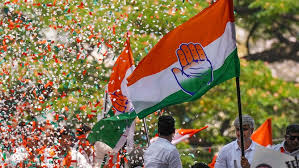
The Tripura Pradesh Congress Committee (TPCC) has launched a scathing attack on the BJP-led state government, accusing it of systemic corruption, administrative mismanagement, and adopting policies detrimental to the working-class population since assuming office in 2018.
In a strongly worded press release issued on Saturday, TPCC spokesperson Prabir Chakraborty alleged that over 90 percent of the state's population has suffered under what he termed as the government’s "self-serving and exploitative governance," implicating ministers across all levels, including the Chief Minister.
Chakraborty cited several controversial decisions to support his claims. Prominent among them was the alleged wastage of public funds during the Chief Minister’s first term through a project to paint asphalt roads in Agartala and other urban areas with white paint. The Congress asserted that the project had no tangible benefit for commuters and was instead a means to award contracts to a party loyalist, resulting in substantial profiteering at the public’s expense.
The TPCC also raised serious concerns regarding the state’s transport sector, particularly the regulation of battery-powered auto-rickshaws and e-rickshaws—popularly known as E-Autos. While the government had promised in 2018 to remove unauthorized vehicles from the roads, the Congress alleged that many such vehicles were later regularized in exchange for bribes ranging from ₹20,000 to ₹25,000.
Further, the party criticized the 2022 introduction of metered autos in Agartala. Auto drivers, they claimed, were forced to buy fare meters from government-approved vendors at inflated rates—₹4,000 per unit—while similar devices were reportedly available in Guwahati for just ₹1,000. Despite these expenses and additional charges for registration and renewals, the metering system remains largely non-functional, adding to the frustration of both drivers and commuters.
The Congress further alleged that syndicates linked to the ruling party have created a parallel power structure within the transport sector—extorting commissions from drivers and imposing arbitrary fines. A recent decision by the Transport Department to restrict the movement of autos in Agartala drew widespread public outrage. Though the government partially rolled back the restrictions in response to the backlash, the TPCC claims that syndicate-backed harassment continues unchecked.
Calling the government's decisions "Tughlaqi"—a reference to the whimsical rule of medieval monarch Muhammad bin Tughlaq—the TPCC urged the state administration to withdraw arbitrary policies and instead implement evidence-based, rational traffic management reforms that uphold both the public interest and the livelihoods of thousands of transport workers.
Read more ...
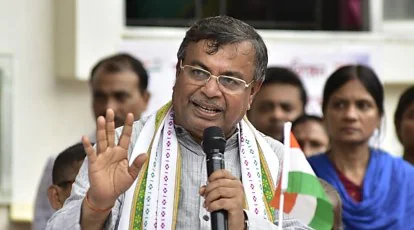
July 7, 2025
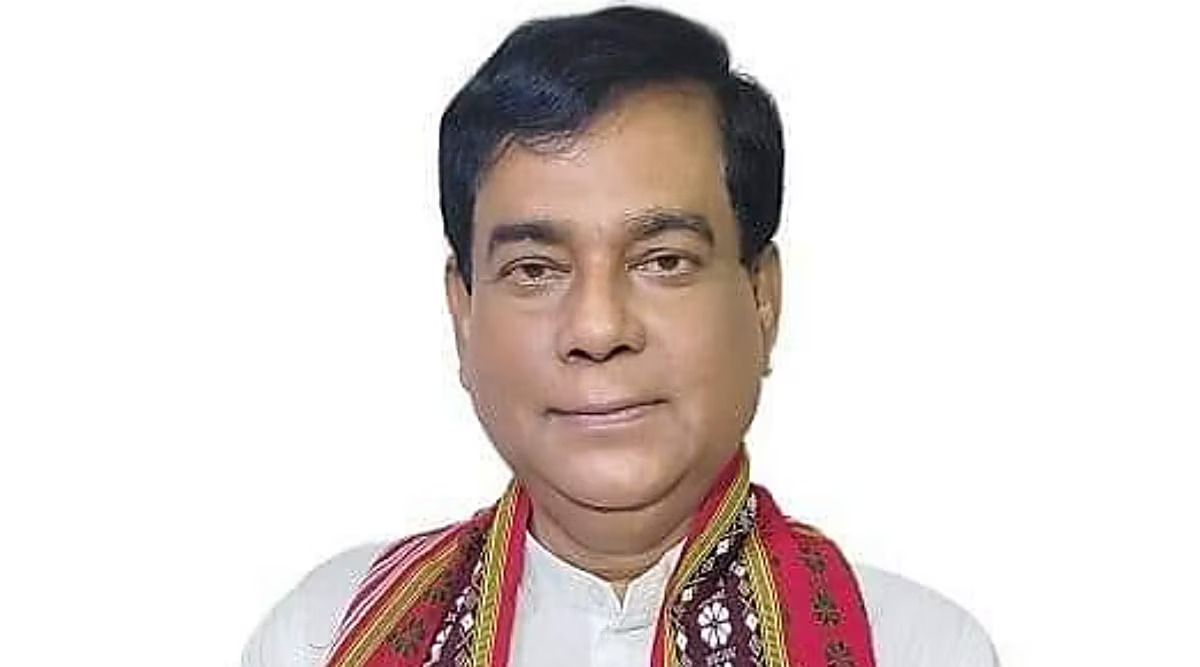
July 7, 2025

July 7, 2025
July 7, 2025
July 7, 2025
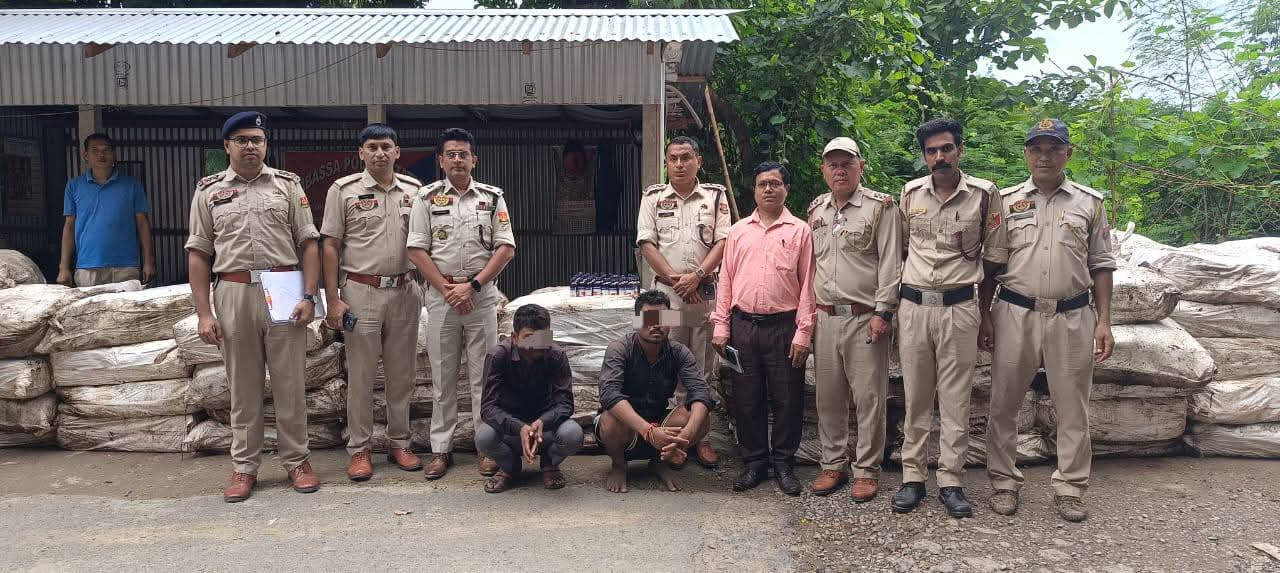
July 7, 2025
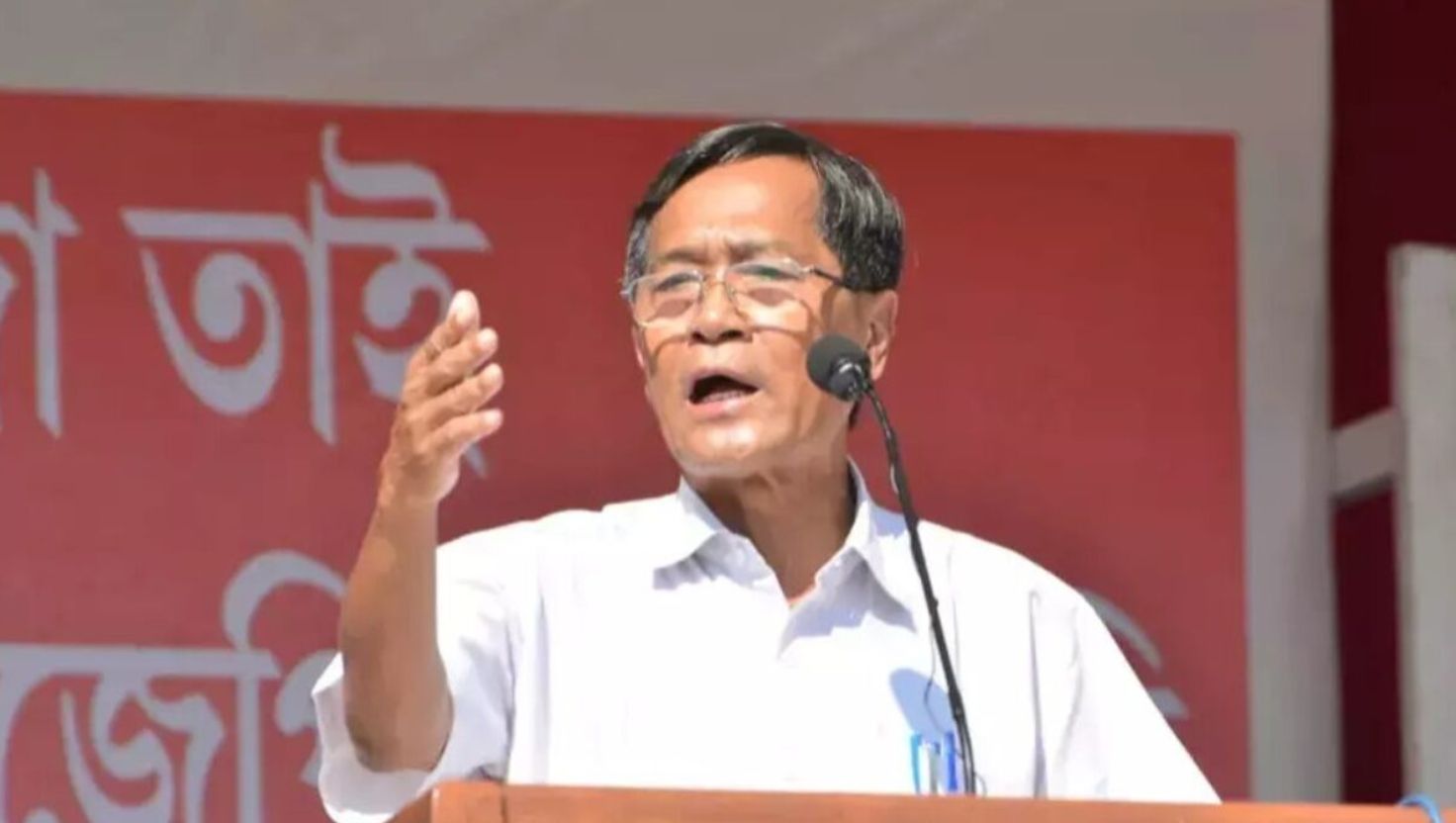
July 6, 2025

July 6, 2025
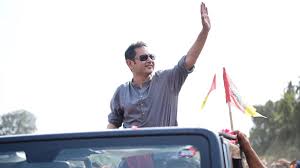
July 6, 2025
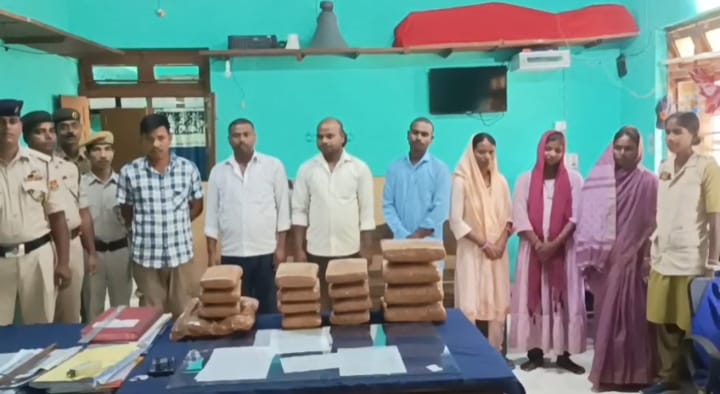
July 6, 2025
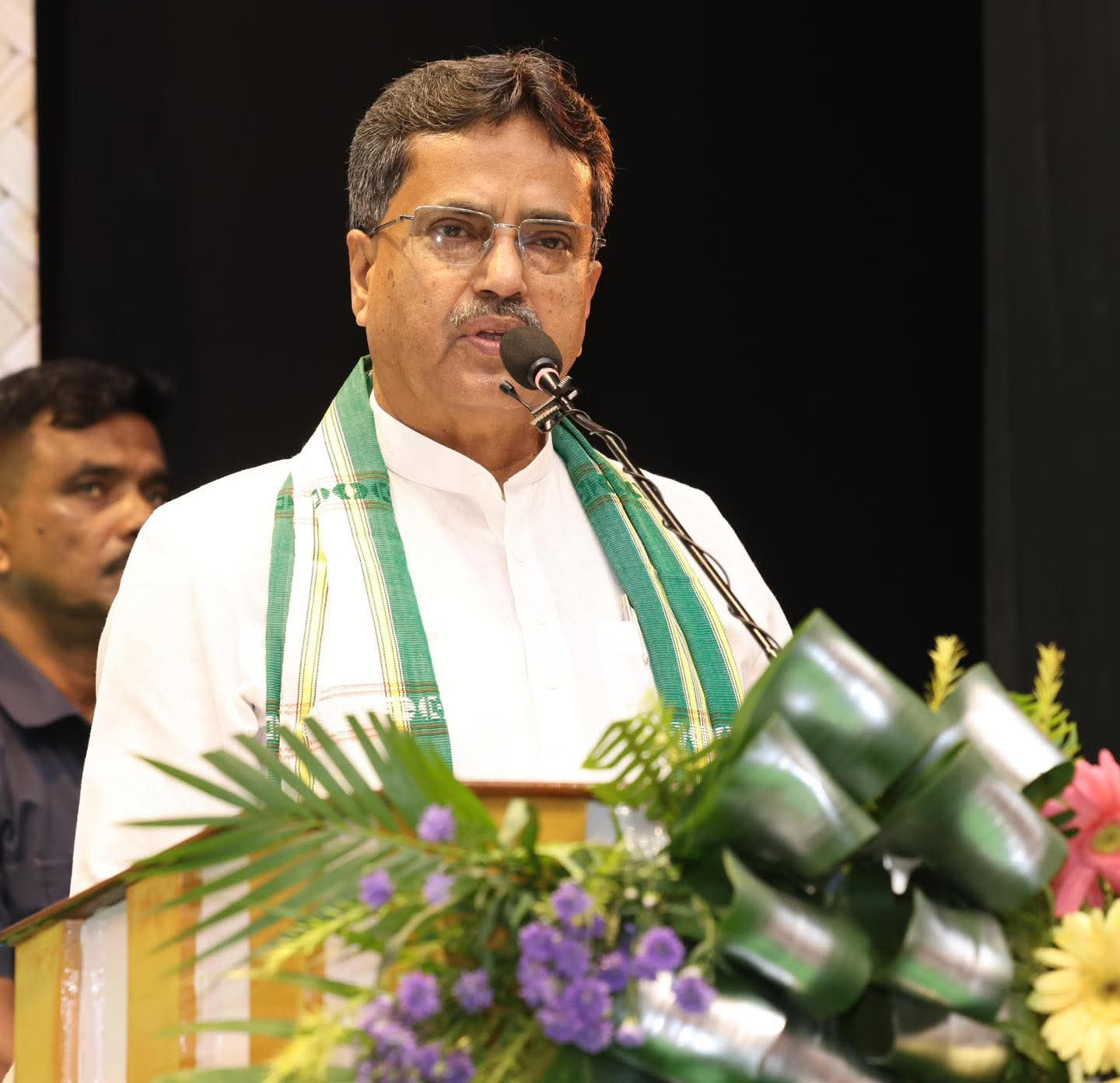
July 6, 2025
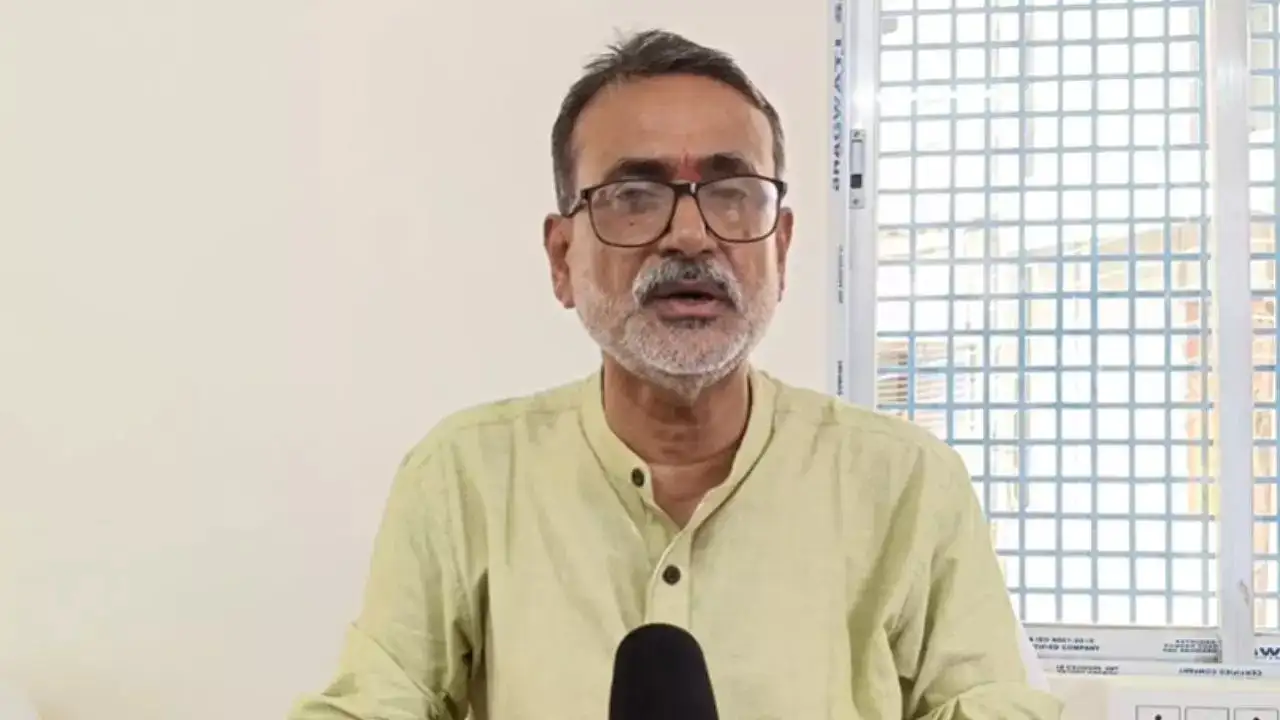
July 6, 2025
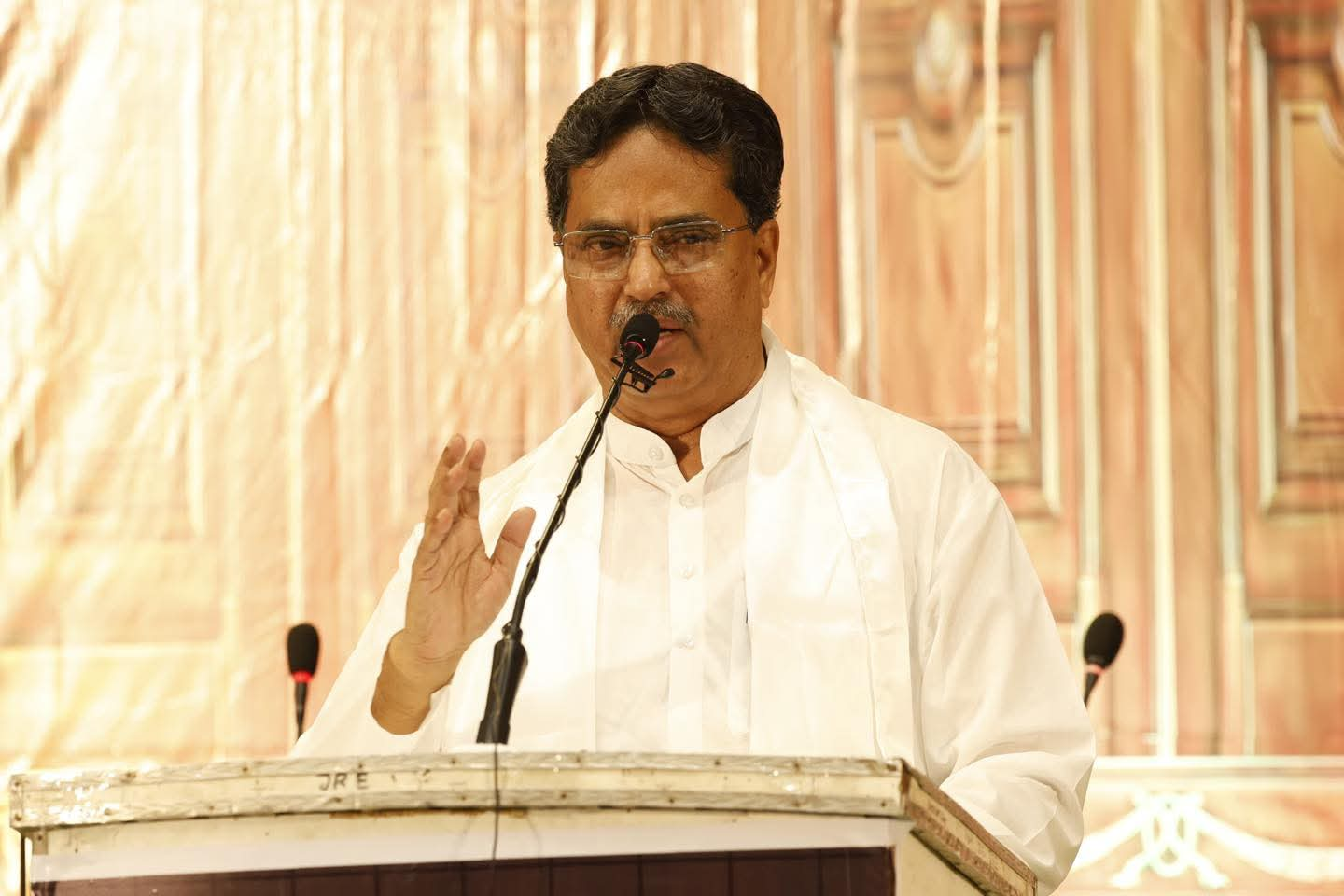
July 6, 2025
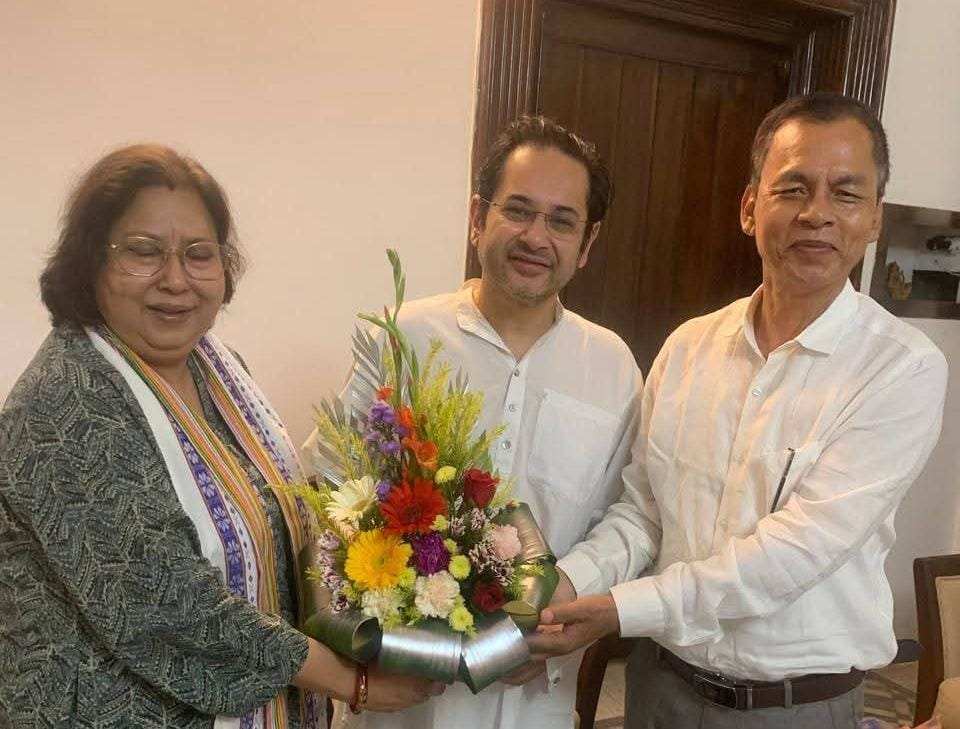
July 5, 2025


